Getting to the point of thinking more intelligently and from a Christian point of view about the feast of Christ the King and its relevance today, I think we ought to consider what Cardinal Joseph Ratzinger (now Pope Benedict) said about politics and human dignity viz. faith in Jesus Christ.
& the state:
encompass all human hope. Man and what he hopes for extend beyond the framework
of the state and beyond the sphere of political action. This is true not only
for a state like Babylon, but for every state. The state is not the totality;
this unburdens the politician and at the same time opens up for him the path of
reasonable politics. The Roman state was wrong and anti-Christian precisely
because it wanted to be the totality of human possibilities and hopes. A state
that makes such claims cannot fulfill its promises; it thereby falsifies and
diminishes man. Through the totalitarian lie it becomes demonic and
tyrannical.”
in being happy in this world:
earthly paradise or utopian state and of a society without rule. In its place
it put the objectivity of reason… True human objectivity involves humanity, and
humanity involves God. True human reason involves morality, which lives on
God’s commandments. This morality is not a private matter; it has public
significance. Without the good of being good and of good action, there can be
no good politics. What the persecuted Church prescribed for Christians as the
core of their political ethos must also be the core of an active Christian
politics: only where good is done and is recognized as good can people live
together well in a thriving community. Demonstrating the practical importance
of the moral dimension, the dimension of God’s commandments — publicly as well
— must be the center of responsible political action.”

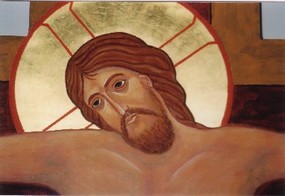
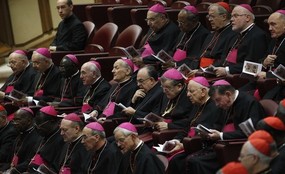
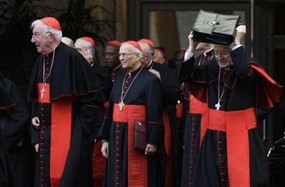
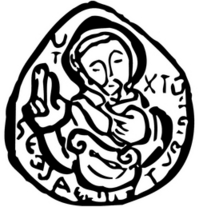
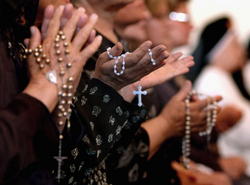
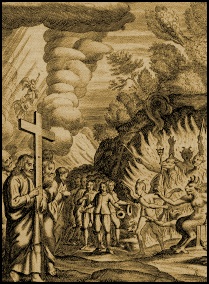
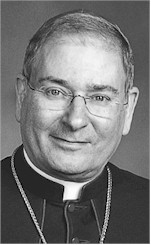
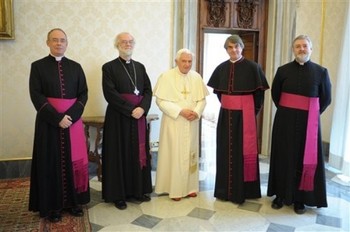
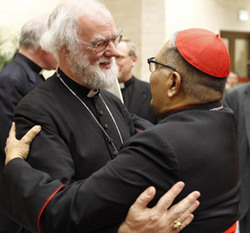
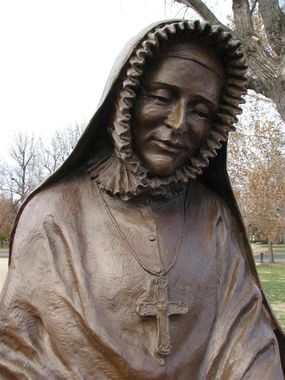 Saint Rose Philippine was called “the woman who is always praying.” Her singular focus on Christ and the mission won her esteem among those who found the Christian Gospel foreign. She is buried in St. Charles, MO, having died there on this date in 1852 at the age of 83. She lived the Lord’s parable of the Pearl of Great Price.
Saint Rose Philippine was called “the woman who is always praying.” Her singular focus on Christ and the mission won her esteem among those who found the Christian Gospel foreign. She is buried in St. Charles, MO, having died there on this date in 1852 at the age of 83. She lived the Lord’s parable of the Pearl of Great Price.